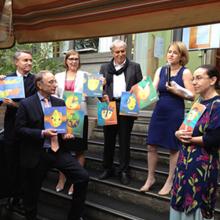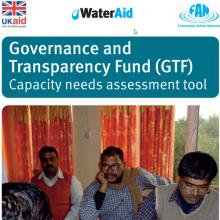Crosscutting Areas
Defining Water Poverty and Evaluating Existing Information and Approaches to Reduce Water Poverty
Year of publication:
2020
This study provides practical insights and recommendations to water companies as well as for consumer bodies, regulators, policymakers, and the water industry more widely, aiming to enable the industry to take positive steps to address the challenge of water poverty. Chapter 6 in particular, "Approach Toolkit for Alleviating Poverty" while focusing on the UK water sector, could be useful in any part of the world.






